Academic Staff
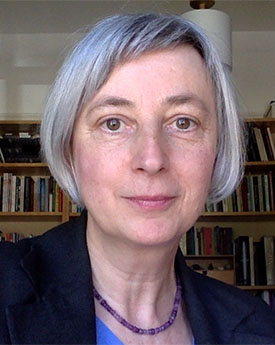
Monika Büscher is Professor of Sociology, Director of Research for the Department of Sociology, and Director of the Centre for Mobilities Research at Lancaster University. She co-edits the book series Changing Mobilities.
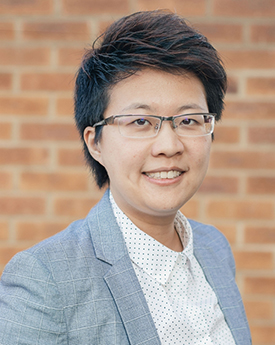
Dr Eva Li is a global media and cultural researcher with research interests in fandom and audiences, East Asian popular culture, gender and sexuality, intimacy, transnational feminism, and queer Asian studies.
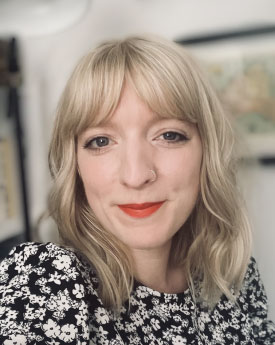
Dr Laura Clancy’s research focuses on issues of inequality, particularly 'the elites' and monarchy. She considers how inequalities are represented in media culture, and the systemic relations between media culture and political and economic formations of inequality.

Professor Anne Cronin’s key area of research is promotional culture – this encompasses the strands of advertising, marketing and public relations. Working in these areas she have contributed to debates in advertising, consumer culture, visual culture, cultural economy, gender studies and urban studies.
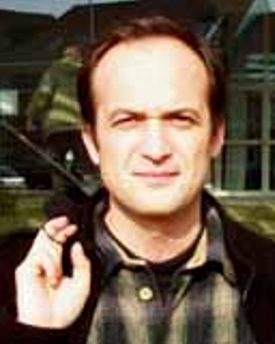
Professor Bulent Diken’s research focuses on social theory, urbanism, political philosophy, cinema, terror and migration.
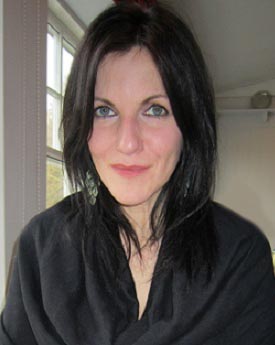
Dr Debra Ferreday is a feminist cultural theorist with strong research interests in gender, feminist theory, sexuality, critical race theory, queer theory and embodiment. Her research engages with embodied and social aspects of new media and digital cultures, celebrity culture, media and violence, fan studies, sexuality studies and mad studies.
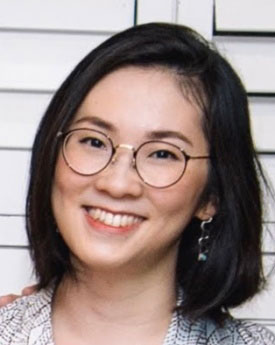
Dr Siao Yuong Fong (Rong) works at the intersections of Media and Cultural Studies, Production Studies and Asian Studies. The new research I am developing explores how power manifest in contexts where potential cultural imperialization comes from those of the same ethnicity. I explore these in relation to the translocal media production links between China and the Southeast Asian Sinosphere.
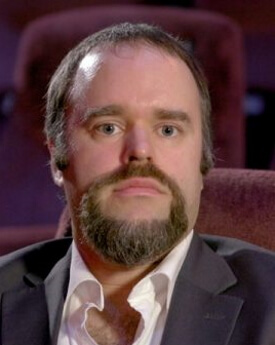
Dr Vincent M. Gaine is a media and screen studies scholar whose research locus is the intersection of globalisation, liminality and identity politics in media. He has published extensively on contemporary filmmakers and genre, superhero studies and the representation of race, gender and identity. He is currently researching 21st century nostalgic espionage and the social-anthropological representation of Boston, Massachusetts.
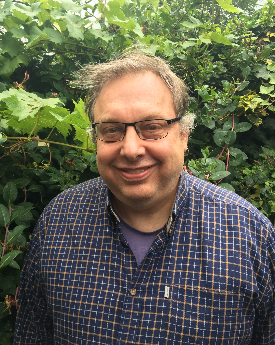
Professor Graeme Gilloch’s academic work focuses on the sociology of culture and cultural theory, and more specifically, the writings of particular scholars associated with the Frankfurt Institut fuer Sozialforschung (the Frankfurt School): the Critical Theorists Walter Benjamin, Siegfried Kracauer and, more recently, Leo Lowenthal.
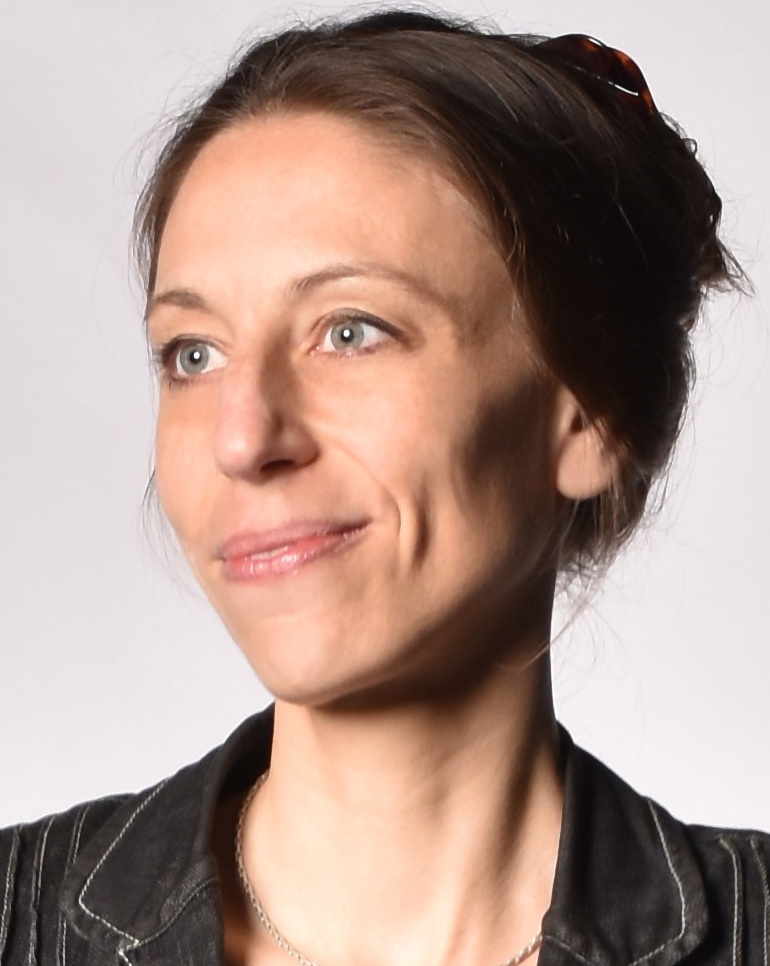
Rolien Hoyng’s research addresses the social and political implications of digital infrastructures and data-centric technologies in particular contexts of practice, including smart-city politics and dissent as well as ecological politics and waste.

Dr Tracey Jenson’s research and teaching draws across the disciplines of sociology, social policy, cultural studies, gender and women's studies and critical media studies. She is interested in questions of cultural politics, representation, inequalities and the ways in which popular consensus is produced, contested and circulated.
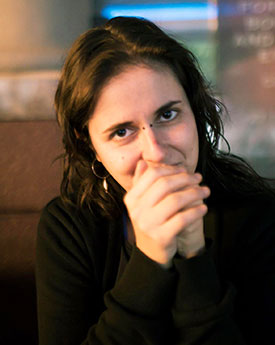
Patricia Prieto-Blanco’s areas of expertise are visual methods of research and photographic practices. She has worked ethnographically with transnational families and explored how they incorporate photography in everyday routines, addressing media practices in the contexts of migration, kinship and intimacy.
Research Students
Rihab Al-Niyadi
My PhD research is mainly concerned with public relations and citizen engagement in the public sector. It aims at examining the role of public relations in mediating citizen engagement initiatives that are created and managed by governmental organizations. It explores the extent to which PR can work to facilitate or undermine the authentic and genuine public engagement and therefore position PR in a wider debate about the role of PR in democracy and community building. The context of the research is centred in Oman and, hence, this research aims to add to the existing body of knowledge in PR and engagement beyond the western context and western traditions of PR. The key concepts of my research focus are: public relations, strategic communication, public engagement, public sphere, democracy, mass media, social media.
Norah Amer
My dissertation focuses on the practices of Saudi women journalists specializing in data journalism. I aim to explore how these practices are shaped socially, culturally, politically, and materially, and how they evolve over space and time. I also have a keen interest in practice theories and their application to journalism studies. Through this research, I hope to contribute to the understanding of data journalism and advance the theoretical discourse on journalism practices.
My doctoral research explores consensual sibling incest in contemporary fiction, TV, and film. Arguing that its popularity speaks to more than an illicit fascination but is a pervasive, discursive phenomenon, I consider how the modern framing of the trope reflects contemporary uncertainties surrounding normative sexualities, familial relationships, and social expectations. More broadly, I am interested in how intimacies are produced, read, and can be re-read.
Yi-Fang Chen
My PhD research involves Korean variety shows (mainly reality shows) and the identity of Taiwanese audiences. Also, it explores Taiwanese media workers’ views on Korean TV program input and their transnational work experience. The media workers’ experience in this transnational experience may have an impact on identity. Therefore, I currently plan to interview Taiwanese media workers with different position to understand the specific ways that local labour practices interact and compete with the media globalization process, as well as interview audiences to discuss the issue of identity in the media field under globalisation context.
Charlotte Curle
My PhD research centres the lived experiences of people who engage in pole dance/fitness/sport (polers) for leisure/work, exploring their engagement with the practice in physical/digital spaces. The project is partially inspired by my own experiences as a member at pole studios within Greater Manchester and using social media to create/engage with pole-related content. The thesis aims to produce new, important insights into the significance of changing formations of pole as a physical/digital practice and broader understandings of (sex) work, stigma, bodily experiences, sexuality, gender, sexual expression, digital communities and digital economies.
Ranya Hasan
My PhD research aims to address ethics, culture, and social media in public relations practices in the Kingdom of Bahrain. The purpose of my PhD is two-fold: First, it explores how public relations (PR) practitioners in Bahrain perceive and negotiate ethical challenges around the use and implementation of social media in their everyday professional activities. Second, it investigates the role of culture in shaping public relations practitioners’ perception of ethical social media practice in Bahrain and how they negotiate issues associated with it and if the organisations studied have addressed the ethical implications associated with the adoption of these rapidly growing and changing web-based tools, and the extent to which these ethical issues were addressed. I apply qualitative methods to study how PR practitioners perceive local culture and use professional ethics in their professional activities. More generally, this effort will draw attention to the impact of online tools on the public communication process. Professional practitioners in the communication business continue to face new challenges as web-based tools change the nature and effectiveness of information delivery.
Manu Hohnekamp-Bruggemann
<about.me>
<name> MJ Hunter Brueggemann<\name>
<pronouns> he/him/his;any <\pronouns>
<specs> queer[af]; Brown; indigenous; neurodiverse; resiliant; foreign; multilingual; decolonizing <\specs>
<discipl.> STS[…]; HCI[human-computer-interaction]; post-DE-colonial*m; Design; Digital_innovation; POST-disciplinary; Somatics/Dance <\discipl.>
<funder> [HighWire Scholarship for Radical Digital Innovation] <\funder>
<thesis> Send_in_the_Clowns: Scoping_Non-Representational_Theory_as_Ally_and_Method_to_Foster_Inclusiveness_in_Digital_Innovation <\thesis>
<misc> twitch.tv_talkshow_host[#TechAndTea]; activist; Poet[dragonflymentalhealth.com#CreativeDispatches]; facilitator; associate.lecturer[CreativeComputingInstitute{CCI}_@UAL{Uo_the_Arts,_London}] <\misc>
<inventory> play-dough; fountain-pens; watercolours; moleskine <\inventory>
<selec.pub>
Lickable_Cities[DOI: dl.acm.org/doi/pdf/10.1145/3170427.3188399 ],
Digital_Aboriginal:_A_Dress_about_Reindeer_Herding,_Windfarms_and_Empathy[YT: youtu.be/grkb8kLvKqU ];
In_the_eye_of_the_hurricane[DOI: 10.1145/3170427.3188394 ],
City_of_Ethical_conundrums[DOI: 10.1080/14606925.2017.1352655 ];
HERsonifications_{SONIC_SCULPTURE}[YT: youtu.be/jWQ_juIWwa0 ];
I_am_more_than_the_sum_of_my_parts[DOI: 10.2991/ict4s-env-15.2015.7 ]
<\selec.pub>
<contact>t@decolonisator<\contact>
<\about.me>
I’m an Arts and Humanities Research Council (AHRC) funded PhD candidate. My research investigates student culture and identity by focusing on engagement with and experiences of the night-time economy (bars, nightclub, pubs etc.). It questions whether experiences in the night-time economy, including the materiality/make-up of the space itself, contributes to what it means to be a student in modern society. At present research into the night-time economy focuses on ‘youth’ engagement, grouping students, unemployed and young professionals all in the same boat, when in reality their life experiences are different so experiences in the night-time economy may well be too. Broadly, I use various spatial and cultural theories to interrogate the relationship between space (in this case night-time economy spaces) and identity, through analysis of both human and non-human/more-than-human affectual actants. However, I also look into concepts such as consumption and marketing, social media and the digital space, the body and performance, and the student vs. ‘townie’ relationship.
My PhD research explores how fan production in relation to video games becomes a way for fan communities to explore aspects of LGBTQ identity. I’m mainly interested in the role of the online community in these processes, so I will be conducting an online ethnography which revolves around the products of fan communities and the culture of production that takes place in these spaces. I will supplement this with a textual analysis of games that lend themselves well to production practices, as the development of video games as new media texts is an important shift in the way in which society consumes, analyses and appropriates media – as social media has made fandom more accessible than ever.
My PhD research fits within the interdisciplinary field of Disability Studies and I am currently working towards submitting my thesis entitled “Conceptualising Flex-ability: Disabled People, Work and SMEs”. My study looks at the contemporary “flex-able” workfare policies targeted at moving disabled people into paid work. Using interview data I have explored the experience of paid work for people with impairments employed by Small and Medium Size Enterprises (SMEs), and the attitudes of SMEs towards employing disabled people. Critical themes include ableism, and the embodied normative nature of “flex-able” labour markets which are themselves set against economic and political concerns with reshaping the flex-able administrative “disability category”. In this way, only those deemed the most “severely impaired” are viewed as deserving state support – but only when classified “unfit enough” to perform paid-work.
My PhD study aims to assess theinterconnections between structural factors and individual agency in domesticviolence within marital relationships in the district* of Kamrup (Metropolitan)located in Assam, India. Broadly informed by the philosophy of criticalrealism, I apply qualitative and visual methods to interact with women who havefaced marital violence, and with members of the civil society, to explore factors spanning the interpersonal, family/ local community andthe larger civil and criminal justice system. One of the objectives of thestudy is to illustrate how the survivor’s personal positioning relates tomarital violence as a cause, consequence and as mediator of its effects. Whatis understood and accepted as violence will also be addressed. Key themes thathave emerged from the women’s interactions with the civil and criminal justicesystem (CJS) assert that few advances in the legal arena has led to limitedchanges on ground; this can be attributed to certain value systems that havebeen observed to permeate both the family and institutional structures thatcontinue to distinguish the ‘private’ from the ‘public’. Lastly, masculinities-which is to be developed as a sub-theme, is expected to throw further light onmarital violence by providing a feasible way of assessing men’s attitudestowards it. Photographs/graphics/comics/videos generated from the fieldworkwill be used to support the broader narrative of the thesis with the aim forthe findings to reach a wider audience.
My work is primarily concerned with gender, power, and inequality, the connection between the micro and the macro (or, the personal and the political), and the cultural binaries, hierarchies, and values that underpin these social and institutional relations. I use both empirical and theoretical methods to explore themes of (un)belonging, in/outsiderness, and marginality – on individual, institutional, and collective levels – with focus on the mutability of these experiences and the complexity of cultural power in the face of delicate, shifting relations of capital in different contexts. My background is in textual analysis and literary theory, and I am currently writing up a doctoral project on academics’ experiences of (un)belonging and gendered inequalities in English Higher Education, funded by the Arts and Humanities Research Council, based in the Centre for Women and Gender Studies and co-supervised by the departments Sociology and Educational Research.
Angela Varricchio
Drawing on feminist media studies and visual rhetoric, my research investigates how gender and subjectivity impact on war photography. My academic exploration aims at defining the main characteristics of the contemporary female gaze on war and whether and to what extent it contributes to shifting visually conflict agenda and frame. My background is in Media and Communication Studies and photojournalism and long-term documentary practice.
Nairui Xu
My PhD research area includes journalism studies, media studies, and China studies. Specifically, my PhD thesis looks at how Chinese investigative journalism survives during the digital transition in China. My thesis decentralizes the prevalent argument about Chinese journalism studies that suggests that the coercive power from the Party is the most dangerous; instead, I showed the nuanced changes within the field of Chinese journalism. Currently, I am working on journal articles discussing the China-characterized journalistic phenomena and how this contributes to de-westernize media and communication studies in China.
© Copyright Lancaster University 2021